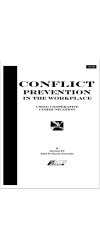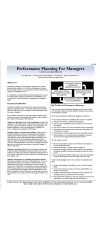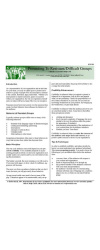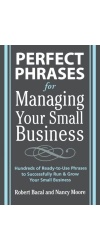The Primary Myth About Effective Leadership
If you read about leadership, or attend seminars given by even the great leaders, you’ll often be told that “effective leadership requires [fill in the blank]” where the blank is filled in by some set of critical factors, traits, skills or beliefs that that person deems as essential to effective leadership.
It’s not that those kinds of statements are false. In fact there’s significant kernals of truth there. However, the reality is that the characteristics of effective leaders, if you look at history, are elusive. One famous or noted leader may be quite authoritarian, even dictatorial, while another may be the exact opposite. Another may be a quick decision-maker while you can find good leaders that are more deliberative in their decision-making. Some leaders have large egos and are charismatic, while others are truly humble, and not that exciting to interact with.
The essential truth about leadership is that there is an almost infinite number of ways to be effective at it, and one of the challenges for leaders wanting to be better is that the task is not to find some universal truths about leadership, but to find what works for that particular leader in that particular setting and context, with that particular set of followers or employees.
Your ability to lead will depend on how well your skills, abilities, personality, strengths and weaknesses fit the situation. There may be NO universal characteristics of what effective leadership involves. What works for one person may not work for another. What works in one company may fail miserably in another.
That’s not to say you can’t learn from the successes and failures of others. It does mean that you need to consider all leadership prescriptions as possibly true, and possibly not — possibly they will work for you, but possibly not.
![Effective Leadership Requires [fill in the blank] – The Over-Riding Myth](https://bacalassociates.com/wp-content/uploads/faqredoutput-onlinejpgtools.jpg)




